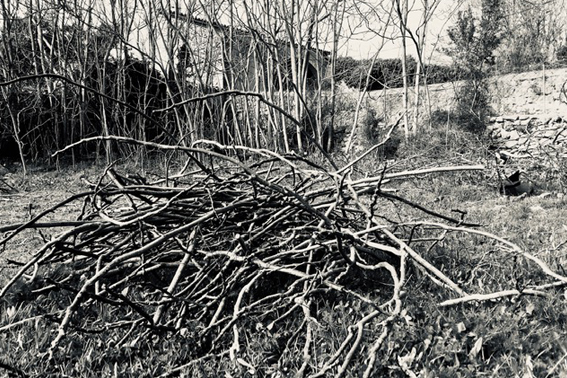“The leaves danced green, twinkling. I felt that this was the true paradise on earth. Everything that had possessed me, all agonies, disappeared as dreams and illusions and something that could be called true nature was revealed to me.” Masanobu Fukuoka, promoter of natural agriculture.
If we were asked about time we would say that it goes too fast, that we often feel the stress of seeing how it escapes us, as, at the end of the day, we have not managed to do everything we had planned.
This has not always been like that. In ancient societies, basically agricultural, they conceived time as a constant repetition, as the circular return of what had already happened before. The past was returning and the future, to some extent, was known. Hence the importance of knowledge of grandmothers and grandparents to advise in decision making. They were societies that had a strong connection with nature. The succession of natural cycles, which are repeated incessantly, marked an unchanging rhythm. There was no possibility of speeding up time, or squeezing it, or saving it. Women and men, like nature, were at the service of atmospheric conditions, seasons and lunar cycles. There was a time of hard and constant work and a time of rest and social life.
When working the land, planting a garden, growing a forest, we flee from linear, synchronized and also scarce time from everyday life to experiment with cycles, understand the patterns of repetition and immerse ourselves in another temporal conception.
The forest invites us to dance to the rhythm of nature, which is a patient and hypnotic rhythm, like that of rotating dervishes. This allows us to relax and live more in the present.
Learn, but also unlearn.
Do, but also undo.
Dilute and expand, understand that we are no longer a part, but a coherent and organic whole with the environment.
And that we are not actually sowing seeds to grow plants but to grow ourselves.


